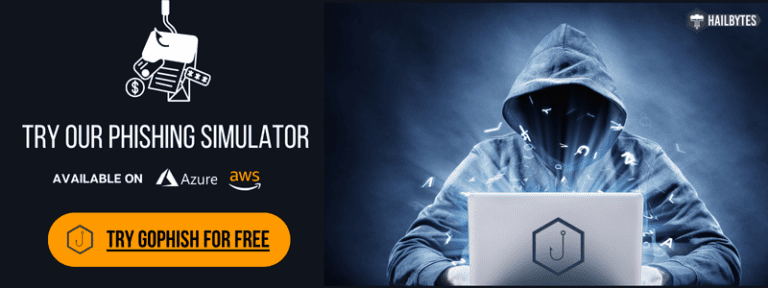How to Start a Career in Cybersecurity with No Experience

Introduction
This blog post provides a step-by-step guide for beginners who are interested in starting a career in cybersecurity but have no prior experience in the field. The post outlines three important steps that can help individuals acquire the skills and knowledge they need to get started in the industry.
Cybersecurity is a rapidly growing field with a lot of job opportunities, but it can be difficult to get started if you have no prior experience in the industry. However, with the right approach, anyone can begin a successful career in cybersecurity. In this blog post, we will provide a step-by-step guide on how to get started in cybersecurity with no experience.
Step 1: Learn Open Source Intelligence (OSINT) Fundamentals
The first step to getting started in cybersecurity is to learn Open Source Intelligence (OSINT) fundamentals. OSINT is the process of collecting and analyzing information from publicly available sources. This skill is essential in the cybersecurity industry, as it is used to gather information about potential threats and vulnerabilities.
There are many resources available to learn OSINT fundamentals, but we recommend taking a course from a reputable provider like TCM Security. Their course on OSINT fundamentals will teach you how to create sock puppets, note skipping, report writing, and other essential skills. While taking this course, we recommend watching the TV series Silicon Valley, as it will help you become familiar with the tech industry.
Step 2: Read Breaking Into Information Security by Andy Gill
The next step is to read Breaking Into Information Security by Andy Gill. This book provides an excellent overview of the basic concepts and principles of cybersecurity. It covers topics such as operating systems, virtualization, programming, report writing, and communication skills.
The chapters from 11 to 17 are particularly useful as they cover the non-technical aspects of cybersecurity. These chapters will teach you how to write your CV, build your LinkedIn profile, apply for jobs, and make connections in the industry. While reading this book, we recommend watching the TV series Cyberwar, which is a documentary-style series that explores various cybersecurity threats and incidents.
Step 3: Work on Personal Projects and Get Involved in the Community
The final step is to work on personal projects and get involved in the cybersecurity community. Building your own projects will help you apply the skills you have learned and gain practical experience. You can start by working on simple projects like creating a password manager or building a basic security tool.
Getting involved in the cybersecurity community is also crucial as it will help you make connections and learn from others in the industry. You can attend cybersecurity conferences, join online forums and groups, and participate in cybersecurity challenges and competitions.
Conclusion
Getting started in cybersecurity may seem challenging, but with the right approach and dedication, anyone can succeed in the industry. By following the three steps outlined in this post, you can acquire the necessary skills and knowledge to kick-start your career in cybersecurity. Remember to keep learning, building, and networking to achieve your goals in the industry







